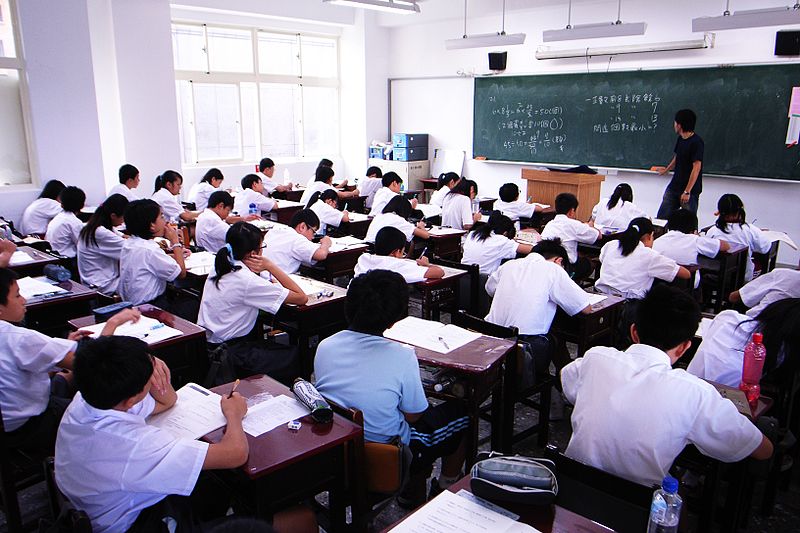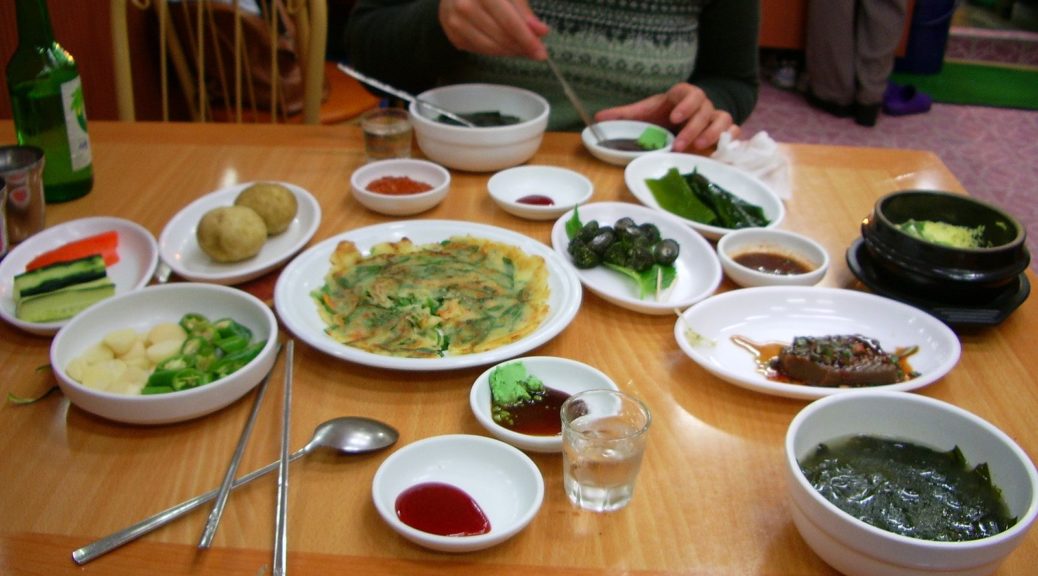“Good morning, teacher!” Twenty-three little bodies greeted me in English with heavy Mandarin accents. Looking at their gleaming smiles that seemed larger than they were, I couldn’t help but smile. Compared to our first meeting, many things have changed.
On my first day of teaching, I entered the room with a sunny and exuberant persona that quickly dimmed when it was paralleled by blank faces and defensive stares. For a couple of 4-foot kids, they sure held a lot of hostility. But the inner-teacher within me refused to get discouraged that easily. I realized that by growing up in rural Taiwan, many of the values these kids had were not the same ones I possessed. They lived sheltered lifestyles and many had never even seen a plane. As someone with an English accent from a foreign land, I must have appeared frightening.
With each day, I began devoting my time to not only teaching English but also furthering my knowledge of their world. From conversations at lunch and sly observations, I learned that my students were obsessed with a British pig. In an effort to make the task of learning English less intimidating, I swapped out my Google Slides with a more amusing theme: Peppa the Pig. The lesson plans I came prepared with were altered to include underlying examples relevant to Peppa.
As I learned more about their interests, I began to connect the gap between our two realms. These small efforts proved successful when I saw their growth in confidence. Gradually, I became their friend, not just their teacher.
When I submitted my application for this month-long teaching program, I had spent months preparing formulaic lessons. I was confident that the warmth I had made those lessons with could be conveyed into the interpersonal relationships between me and my students.
However, lesson plans could only do so much. This experience has taught me the importance of maintaining personal skills when faced with the task of forging real, human connections.
In a changing, globalizing world filled with differing perspectives, empathy and understanding have continued to play an increasing role in how I develop my personal and work relations. As a young adult faced with opportunities that will invariably lay outside of my comfort zone, this experience has positively impacted how I communicate and perceive others.
During my short time at USC, this has become extremely evident. Having lived in an ethnic enclave my whole life, I lived in a sheltered bubble that prevented me from reaching out to people who are different than me. Upon my arrival at a school as diverse as USC, I have interacted with peers from all across the globe in addition to individuals who come from different ends of the socioeconomic spectrum. Rather than defining these interactions through stereotypes or our differences, I dedicate myself to finding similarities and connections that bring us together as two individuals who each have a unique perspective to bring. As the year progresses, I am excited to see how my experiences will continue to enrich my interactions.
Featured image from Wikimedia Commons
Tanya Chen is a freshman studying Business Administration. She is from Southern California and enjoys taking advantage of the SoCal beaches. After teaching Mandarin to kids in underprivileged communities, she realized she had a strong passion for social work. On campus, she is involved with LA Community Impact and a Marshall Research Assistant. In her free time she enjoys watching film analysis videos, designing graphics, and playing with her dog, Mochi.



